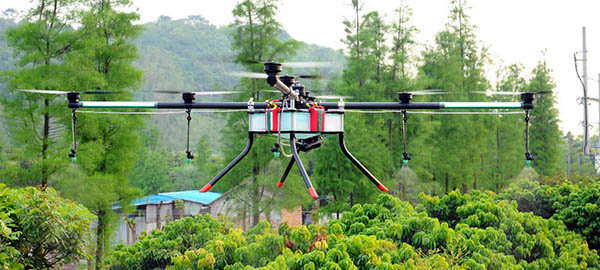Food security is a global concern, and modern agriculture faces the challenge of producing more food with limited resources. Unmanned aerial vehicles (UAVs) are emerging as a powerful tool to enhance food security by improving crop protection and increasing agricultural productivity.
One of the primary ways drones contribute to food security is by enabling precision agriculture. UAVs equipped with high-resolution cameras and sensors can identify crop diseases, pest infestations, and nutrient deficiencies at an early stage. This early detection allows farmers to take targeted actions, reducing crop loss and ensuring a more reliable food supply.
Additionally, drones can apply pesticides and fertilizers with precision, minimizing waste and reducing the environmental impact. This efficient use of resources not only lowers production costs but also helps protect ecosystems and water quality, making agriculture more sustainable in the long term.
Furthermore, UAVs enable farmers to monitor their fields regularly and make data-driven decisions. This real-time information empowers farmers to optimize irrigation, adjust planting and harvesting schedules, and respond promptly to changing weather conditions. These capabilities result in higher crop yields and more reliable food production.
Moreover, drones can be deployed in remote or challenging-to-reach areas, improving food security in underserved regions. They can quickly assess crop conditions and deliver essential inputs like seeds and nutrients to communities that rely on agriculture for their livelihoods.
In conclusion, the use of unmanned aerial vehicles in crop protection is a significant step toward enhancing food security. By increasing agricultural productivity, reducing resource waste, and improving precision in farming practices, drones are helping to address the global challenge of providing sufficient food for a growing population.







Please sign in to comment
register